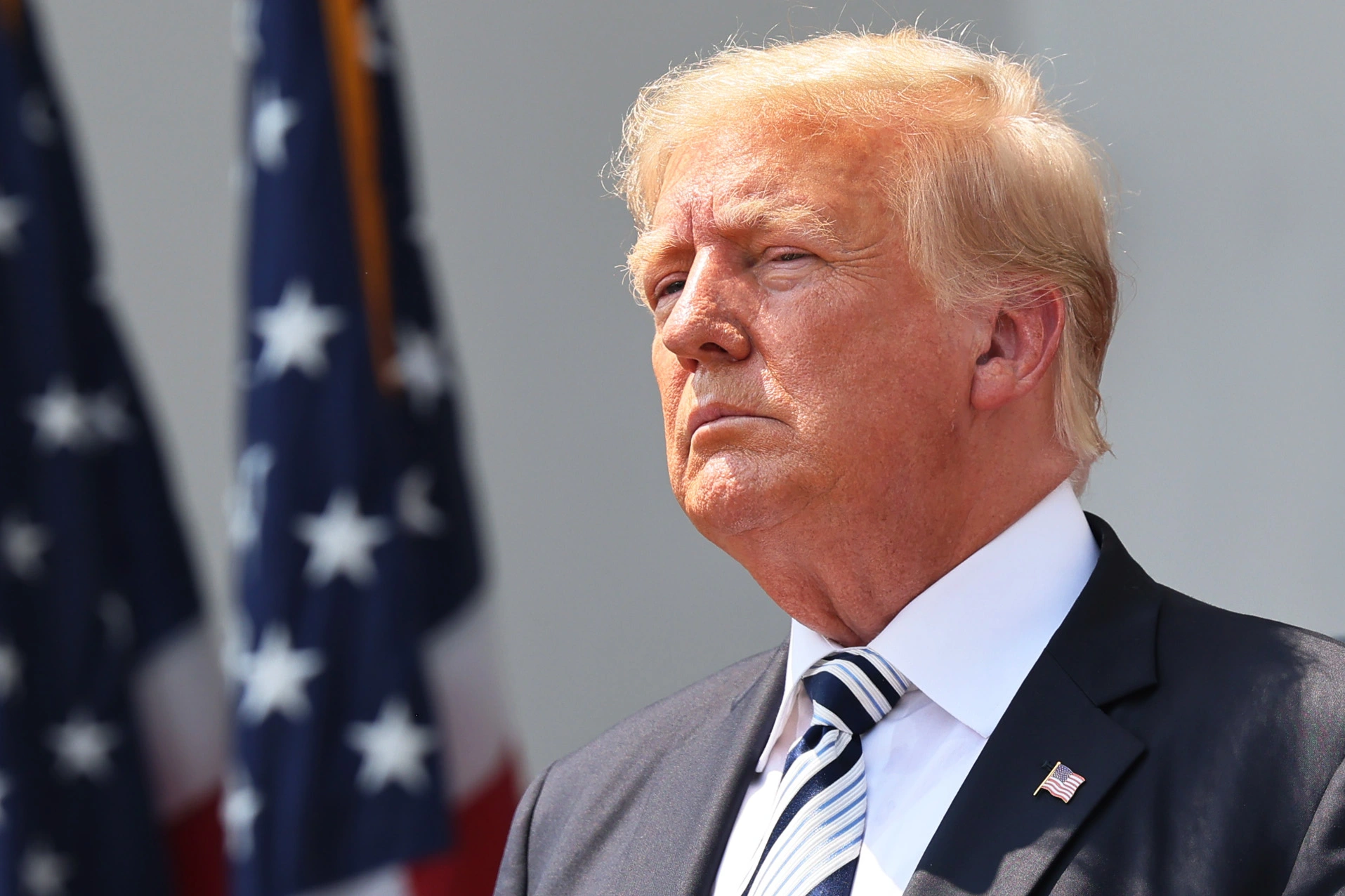US Supreme Court Allows Congress to View Trump’s Tax Returns – The US Supreme Court will permit a congressional committee to receive copies of Donald Trump’s tax returns, ending a three-year battle by the Democratic-led body to see the documents the former president has extremely refused to release since his first White House bid. The court made no public statement along with its decision, but it denied Trump’s request for an order that would have prevented the treasury department from releasing six years of tax returns for Trump and some of his businesses to the House ways and means committee.
The influential committee will continue to be led by a Democratic party chair, in this case Massachusetts congressman Richard Neal, until the new Congress is sworn in in January with the Republicans in the majority and therefore filling committee chairs. It was Trump’s second loss in as many months and his third this year. In October, the court refused to intervene in the legal dispute surrounding the FBI’s discovery of classified documents during a search of Trump’s Florida estate.
People Also Read: South African President Makes First UK State Visit of King Charles’s Reign
In January, the court refused to prevent the National Archives from releasing documents to the special House panel investigating the 6 January 2021 insurrection at the Capitol by Trump extremists attempting to prevent the certification of Joe Biden’s 2020 election victory over Trump. Justice Clarence Thomas was the only vote in Trump’s favor . During Trump’s presidency, the Treasury Department refused to provide his tax returns in a dispute over their release.
However, according to the Biden administration, the committee has the right to examine any taxpayer’s return, including the president’s. Lower courts concurred that the committee has broad authority to obtain tax returns and rejected Trump’s claims that the committee was overstepping its authority and merely seeking the documents to make them public. John Roberts, the chief justice of the Supreme Court, imposed a temporary freeze on 1 November to allow the court to evaluate the legal issues raised by Trump’s attorneys and the counterarguments of the administration and the House of Representatives.
After slightly more than three weeks, the court lifted Roberts’s order. On Tuesday, no supreme court justices dissented from the order. In 2019, the House ways and means committee requested Trump’s tax returns under federal law, citing an investigation into the president’s compliance with Internal Revenue Service audits. Since then, Trump has been fighting the case in court. The Treasury Department is now authorized to hand over the requested documents to the ways and means committee, but it is unclear what Democrats on the committee will be able to accomplish in the few weeks of congressional business left this year.
The Trump administration’s Department of Justice defended former Treasury Secretary Steven Mnuchin’s decision to withhold the tax returns from Congress. Mnuchin argued that he could withhold the documents because he determined that Democrats were seeking them for partisan purposes. A lawsuit ensued. Following Biden’s inauguration, the committee reissued its request for Trump’s tax returns and additional information from 2015 to 2020. The White House argued that the Treasury Department had no choice but to comply with the request. Trump then tried to prevent the transfer in court.
People Also Read: Trump Files Lawsuit to Avoid Jan. 6 Committee Subpoena
As part of a criminal investigation, Manhattan district attorney Cyrus Vance Jr. obtained copies of Trump’s personal and business tax records. This case was also heard by the Supreme Court, which rejected Trump’s argument that he enjoyed broad presidential immunity. The New York Times published damning information about Trump’s wealth and taxes in 2020 after obtaining two decades’ worth of tax information on the then-president. Documents revealed Trump’s chronic business losses and the fact that he paid almost no federal income tax, but he has not yet faced definitive legal consequences and has boasted that avoiding taxes “makes me smart.”




